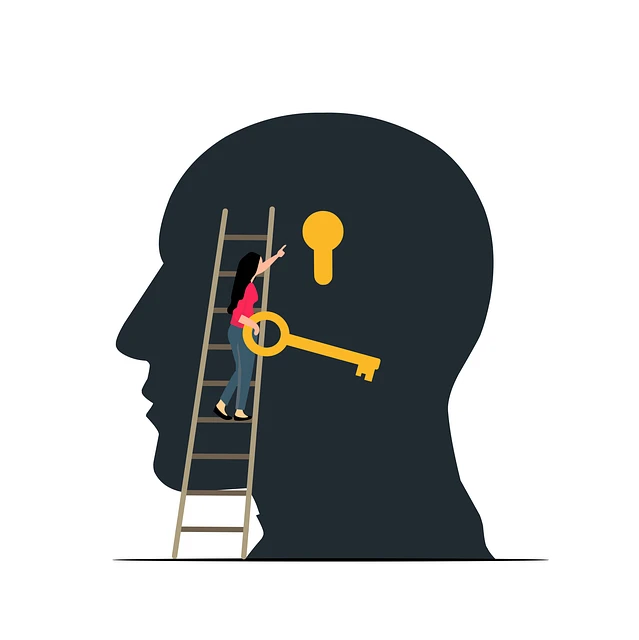
What is mindset?
A mindset is a person’s attitude or a set of beliefs that shape their perceptions and actions. It can shape an individual’s approach to challenges, goals, and life.
Psychologist Carol Dweck popularized the concept of mindset through her book Mindset. She did extensive research on the impact of mindset on personal growth and success.
How to change your mindset?
We can change our mindset through efforts and dedication. Here are some ways:
Identify limiting beliefs: Take some time to reflect on the beliefs and attitudes that are holding you back. These might be thoughts like “I’m not good enough” or “I’ll never be able to change.” Once you’re aware of these beliefs, you can start to challenge and reframe them.
Practice gratitude: Focusing on the things you’re grateful for can shift your perspective from a negative to a positive one. Keeping a gratitude journal, where you write down things you’re grateful for each day, can be a powerful tool.
Learn from mistakes: Instead of seeing mistakes as failures, try to view them as opportunities to learn and grow. Reflect on what you can learn from your mistakes, and take steps to apply that learning going forward.
Embrace challenges: Instead of avoiding difficult tasks, try to embrace them as opportunities to learn and grow. This can help you develop a growth mindset, where you see challenges as opportunities to improve.
Surround yourself with positive influences: Seek out role models who embody the mindset you want to adopt, and surround yourself with people who are supportive and encouraging.
Repetition: Repeat affirmations, positive self-talk, visualization, or visualization of your desired outcome, regularly and consistently, which will help embed the change in mindset.
Mindset change is a long-term process and it will take time and consistent effort to see progress.
FAQ
Is it possible to change your mindset?
Yes, it is possible to change your mindset. People’s attitudes and beliefs can evolve as they gain new experiences and information. However, changing one’s mindset is not always easy and can require a significant amount of effort and dedication.
Many therapeutic and personal development practices aim to help people change their mindsets to overcome limiting beliefs and negative patterns of thought.
How long does it take to change a mindset?
The time it takes to change a mindset can vary depending on several factors, including the individual’s starting point, the nature of the limiting beliefs or negative patterns that need to be addressed, and the specific strategies being used to make the change.
Changing a mindset is a long-term process that can take weeks, months, or even years. It requires consistent effort and a willingness to step out of one’s comfort zone and question and challenge long-held beliefs and attitudes.
How to change your mindset to be successful?
Adopting a mindset that supports success can be a key factor in achieving your goals. Here are a few strategies that can help you shift your mindset to one that supports success:
Define success for yourself: Success means different things to different people, so take some time to define what success means to you.
Adopt a growth mindset: Believe that we can develop your abilities and potential through effort and learning, and see challenges and failures as opportunities to grow.
Set clear and specific goals: Set specific, measurable, and realistic goals, and make a plan to achieve them. Break down larger goals into smaller steps to make them more manageable.
Practice positive self-talk: Be mindful of the language you use when you talk to yourself, and try to use positive and empowering phrases.
Take action: Consistently take action towards your goals and maintain focus and drive even when progress is slow.
Learn from failures: Reflect on your failures and mistakes, and use the lessons you’ve learned to make adjustments and improvements in your approach.
Embrace learning and growth: Cultivate a lifelong learning mindset, be open to new ideas, skills, and perspectives, and continue to improve yourself.
With the right mindset and strategies, you can increase your chances of achieving your goals.
How to change your mindset to be happy?
Happiness is a state of mind, and various factors can influence it, including mindset. Here are a few strategies that can help you shift your mindset to one that supports happiness:
Practice gratitude: Focusing on the things you are grateful for can help shift your focus from negative thoughts to positive ones.
Cultivate positive emotions: Engage in activities that bring you joy and positive emotions, such as spending time with loved ones, engaging in hobbies, or taking a walk in nature.
Practice mindfulness: Mindfulness practices such as meditation and deep breathing can help you become more aware of your thoughts and emotions and to develop a greater ability to regulate them.
Show compassion and kindness to others and yourself: Helping others can make us feel good, and treating ourselves with kindness and understanding can help improve our mood and sense of well-being.
Changing your mindset to be happier is a lifelong process that requires consistent effort, patience, and a willingness to be open to new experiences, perspectives, and ways of thinking.